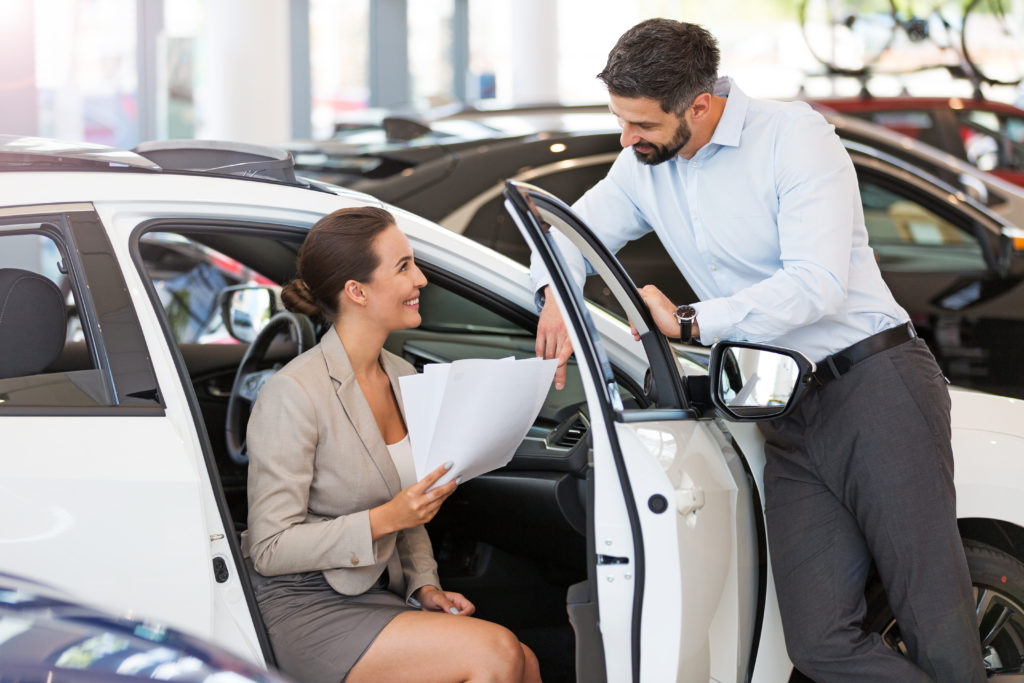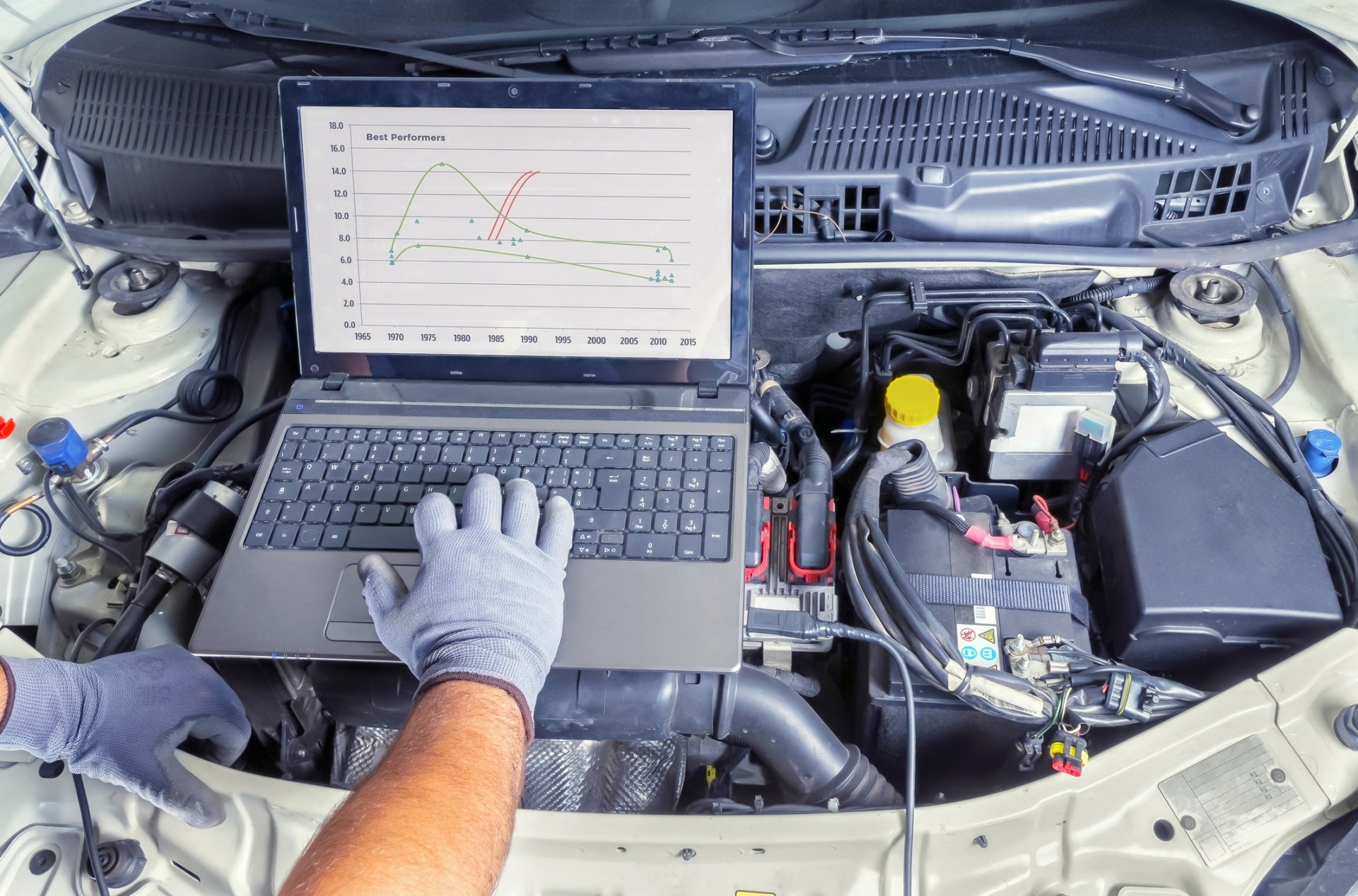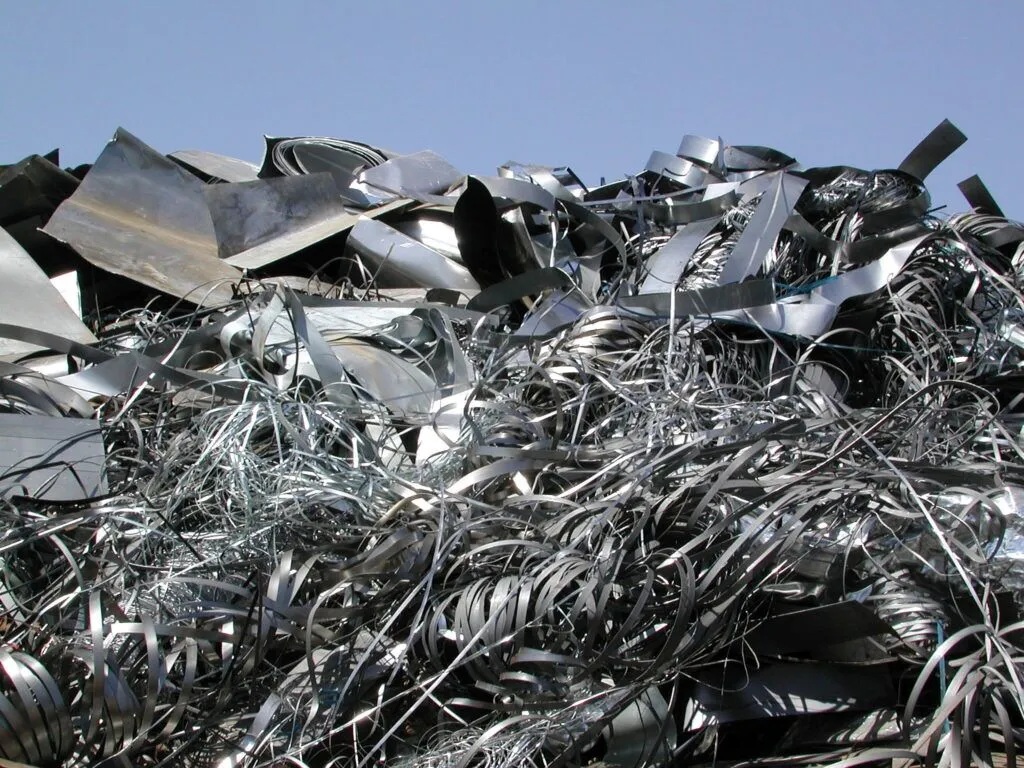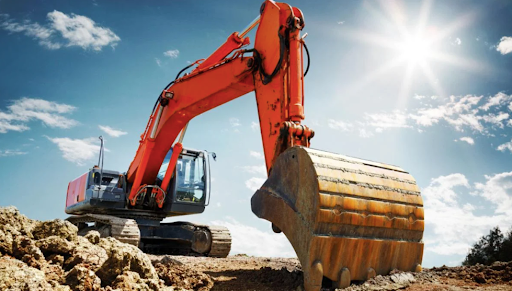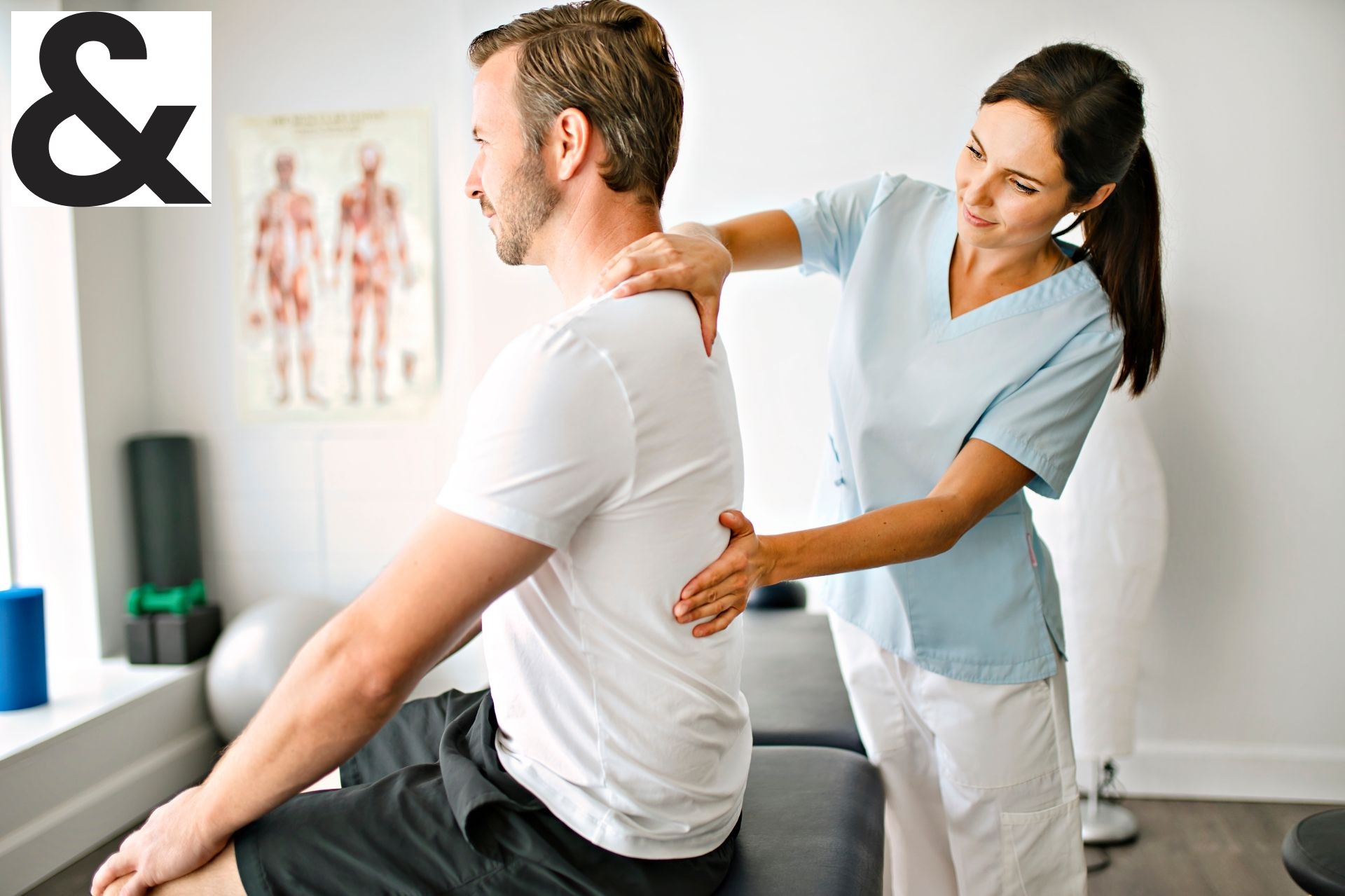
If you love a good used car. The smell of the leather seats, the way it drives, the power under your right foot – everything about it is perfect. But you need to know what you’re getting into before buying one. If you are looking for Hyundai used cars Melbourne, here are some things to keep in mind before investing in used cars:

- Don’t get too attached to a particular model.
Once you’ve decided to buy a used cars Melton, don’t get too attached to a particular model. While there are certain models that might be more reliable or cheaper to maintain than others, the specific model of car you want may not be available—and if it is, it might cost more than you’re willing to pay. This means that if you find one specimen with what seems like an attractive price tag, then another person could snatch it up before you can
- Ask for a test drive.
Driving the car before you buy it is the only way to know if it’s a good fit for you. You can get a feel for how it handles on the road, and spot potential safety issues (like an overly worn brake pad) in person. While test driving, try to push all of the vehicle’s buttons and dials; check out all of its comfort features (such as heated seats); and drive using different speeds and conditions to see how well it performs.
- Pay close attention to the car’s exterior.
When it comes to used cars Melton, the exterior of the vehicle is often overlooked. It’s easy to focus on a vehicle’s interior and engine when you’re checking out a car, but you should also pay attention to what’s going on outside your potential purchase.
To ensure your money isn’t wasted on a car that’s been in an accident or otherwise damaged:
- Check for dents and scratches along doors, bumpers and body panels. If there are any noticeable dents or scratches along these areas (even if they were repaired), it means that the car has been involved in at least one accident. This could result in additional costs down the line due to rusting damage from hitting potholes or even small rocks along roads—and those repairs may not be covered under warranty!
- Look for signs of bodywork being done on both sides of each wheel well as well as around taillights; these are indicators of previous accidents without any damage directly visible from above ground level. Inspect wheel wells for signs of rust damage from water leaks during rainstorms or snowfall because this type of rust can spread quickly once inside wheel wells.Check out all lug nuts carefully before buying used cars; if they’re loose at all then consider replacing them right away because this could mean problems with wheel bearings where those bolts go into place.
- Have the vehicle inspected by a trusted mechanic before you buy it.
- Have the vehicle inspected by a trusted mechanic before you buy it. You should have a thorough inspection done to ensure that the vehicle is in good condition. If you can’t afford to have the car inspected, at least have an independent mechanic look at it for you, preferably someone who does work for you already and has your trust.
- Do your research on the make, model and year of the car before purchasing it. Make sure there aren’t any recalls on any safety features such as airbags or seat belts and that all systems are working properly (heating/cooling). Look up any known issues with these models online so that when you get into the car after buying it, nothing seems out of place because everything works as intended!
- Make sure all parts are in working order.
A used car’s history is the best indicator of its condition. Take a moment to check under the hood before handing over your hard-earned cash. Make sure all fluids are topped off, tires aren’t low on air pressure, and all lights work properly—a minor fix now could save you hundreds later on down the line. Don’t forget to inspect electrical components like batteries or alternators; they’re easy enough to replace if they’re faulty but could cause big problems down the line with an older vehicle that already has some miles behind it (and thus might need more frequent repairs).
Conclusion
The bottom line is, that you have to do your research when it comes to buying a used car. There are plenty of things to consider so that you don’t get stuck with something that could break down on the way home or cost more than what it’s worth. But with the tips we’ve given here today and some good old-fashioned common sense, you should be able to find yourself a reliable ride without breaking the bank!

